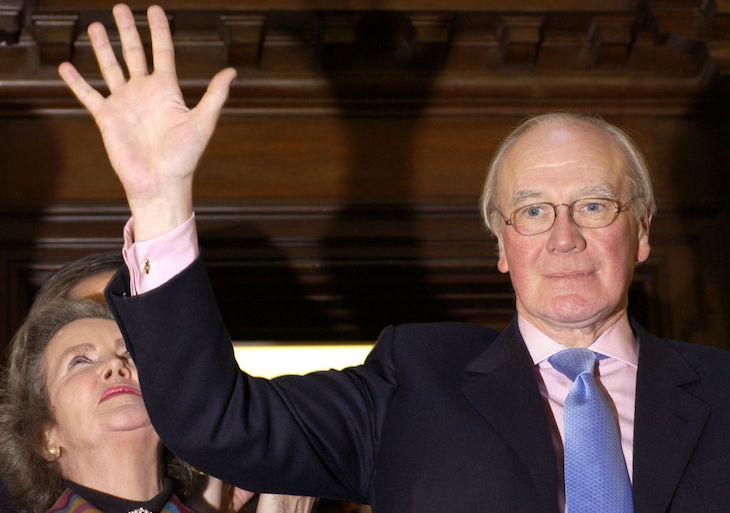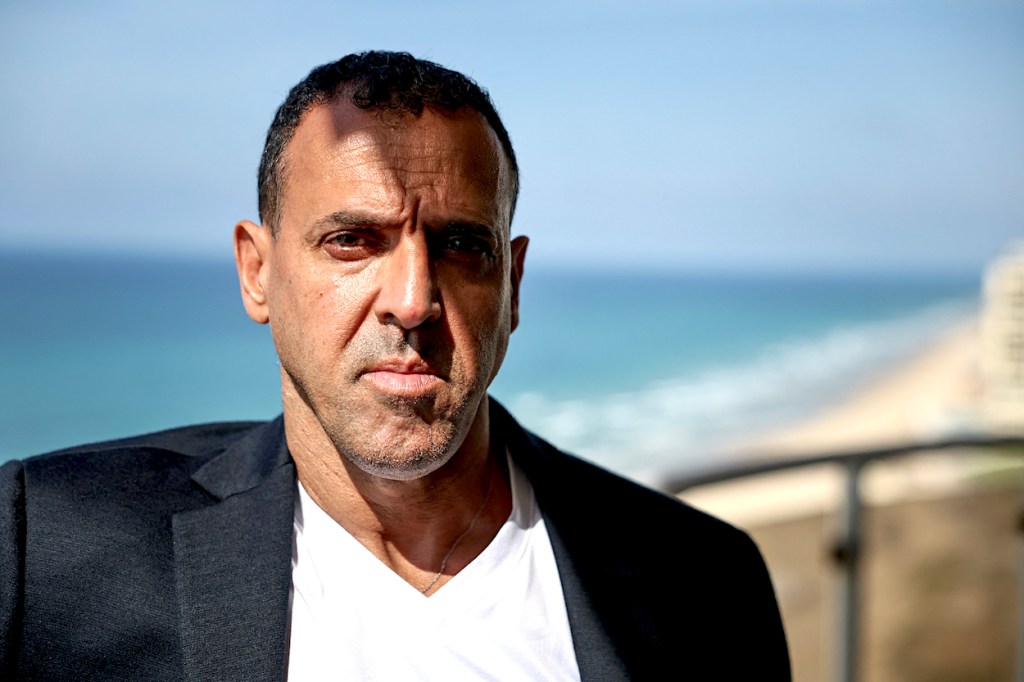Tributes are pouring in for Menzies Campbell, former leader of the Liberal Democrats, and generally considered a decent chap for a politician. He hailed from the Scottish Liberal tradition, one which dominated politics north of the border in the 19th century, and made a modest return in the second half of the 20th. His instincts were broadly centre-left but he was not a firebrand like Jo Grimond. He articulated his party’s internationalist conscience with the passion, if not the glitz, of an Archibald Sinclair.
Truth be told, Menzies Campbell was not the sort of leader that could have rescued Britain
Campbell will be remembered for his incisive foreign policy analysis, his principled (and commendably un-demagogic) opposition to the Iraq war, and a short leadership perpetually undermined by hyper-ambitious pole-climbers with the political instincts of a recycling bin. His legacy includes old-fashioned civility, courtesy and charity towards opponents, and the seriousness with which he approached his duties as a parliamentarian. He was a man of substance and conscience – a heavyweight.
Where have the heavyweights gone today? They are few and far between in both Scottish and wider UK politics. At Holyrood, the paucity of talent keeps producing ill-advised legislation, much of it having to be struck down by the courts, and vanishingly few MSPs equal to the tasks of legislative and ministerial scrutiny. There appears to be a sudden realisation that devolution isn’t working, to which I say, doing my best John McClane impersonation, ‘Welcome to the party, pal.’ At Westminster, we are spoiled for managerial mediocrity (Starmer and Badenoch) and attention-seeking unseriousness (Farage and Davey).
Think back to the Parliament elected in 1997. Despite the Blairite tsunami of neophyte MPs, it’s easy to rhyme off former and future prime ministers (Ted Heath, John Major, Gordon Brown); Tory big beasts (Michael Heseltine, Ken Clarke, John Redwood); future Cabinet ministers (Alistair Darling, Alan Milburn, David Blunkett); veteran ministers (Peter Lilley, Norman Fowler, John Gummer); opposition stalwarts (Paddy Ashdown, Charles Kennedy, Alex Salmond); fringe formidables (Ian Paisley, David Trimble, John Hume); free thinkers (Frank Field, Clare Short, Mo Mowlam); left-wing rebels (Tam Dalyell, Tony Benn, Ken Livingstone); right-wing rebels (Alan Clark, David Davis, Teddy Taylor); and dogged parliamentarians (Betty Boothroyd, Gwyneth Dunwoody, Peter Tapsell) to be found on the Commons benches back then. And, of course, Ming Campbell.
Now, try to do the same with the current Commons. You’re stumped, aren’t you? And, yes, I’m well aware middle-aged commentators have been decrying the decline in quality of MPs since hot metal first met paper, but the slump since the turn of the century has been pronounced. It is hard to believe, as you cast a glance over a chamber under the joint occupation of public sector dullards and Deloitte bullshitters, that these benches were once occupied by romantic radicals like Michael Foot, classicists like Enoch Powell, erudite brawlers like Denis Healey, and the fierce and ferrous Margaret Thatcher. Men and women steeped in history, philosophy, and the Western canon. True elites in that they were the cream of the crop and there by dint of their ability, not because they carried a bag or wore a lanyard, or hitched themselves to a special victimhood status. These were not merely MPs but parliamentarians.
There is a lot of talk about Britain’s decline – economic, industrial, cultural, military – but one of the most visible signs of our national enfeeblement is the near absence of leaders. Is there anyone in elected politics today who inspires public confidence? Who gives even the vaguest impression that they understand the nature and scale of the problems Britain faces, let alone the capacity to rise to them? I can’t think of a single one. This is damning of Parliament and political parties, but it is also profoundly demoralising.
Ours is a populist age, where even hand-wringing liberals like me feel the urge to tear everything up and start again, but a national mood can only get you so far. If you want to change things, you need men and women of ability, imagination, experience, and intellect. People who can devise a plan to save the country, sell it to the voters, put it into action, and keep the show on the road even if the results take years to show. We need a Churchill and we can barely summon a Chamberlain.
Before you accuse me of black-pilling, can you offer a more upbeat characterisation of the state of our politics? Truth be told, Menzies Campbell was not the sort of leader that could have rescued Britain, and what’s more would have had a very different rescue plan, likely involving a return to the European Union, constitutional and electoral reform, and a more liberal policy on immigration and asylum.
Even so, he was the calibre of parliamentarian that we are going to need if Britain is to be saved from its hurtle towards the cliff edge. Sober, well-read, forensic-minded, the sort of scrutiniser who could hotly oppose a government’s legislation while helping to improve it with rigorous analysis and sharp questions.
Menzies Campbell was a man of character and decency, and these are virtues to be admired, but he was also a man of substance and insight, and these are essential to any restoration of our parliament, government and national life. The heavyweights are dying out. Who will replace them?








Comments